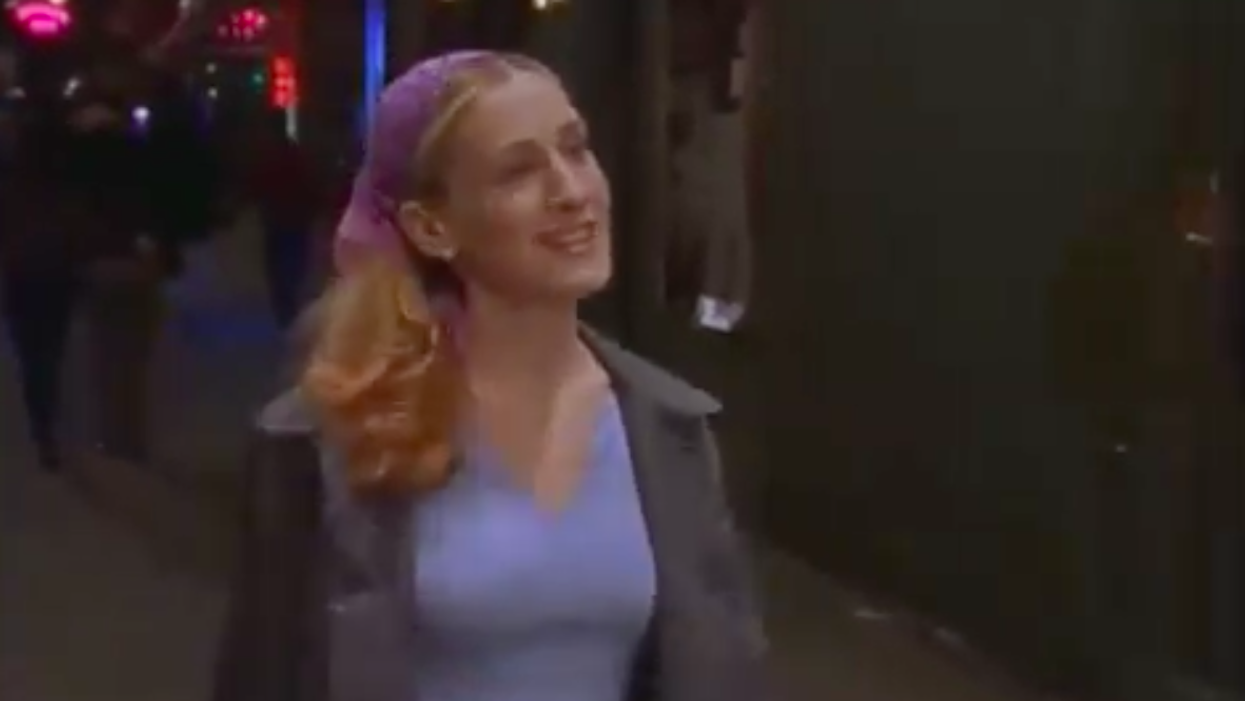Greg Evans
Apr 12, 2021

HBO/Screengrab
In the past week, the fragile situation in Northern Ireland was back in the headlines after violence rocked the streets of Belfast in scenes reminiscent of ‘The Troubles.’
The situation has been exacerbated by Brexit and unionist anger over police failure to arrest members of Sinn Fein who broke coronavirus restrictions last year to attend a funeral of a former IRA leader.
A bus was set on fire and 55 police officers were injured amid the unrest with talks now being set up to discuss the problems related to the Northern Ireland protocol which many feel ignited the violence. This decades-old problem is unlikely to be fully solved anytime soon but it is a far cry from the shocking scenes that were prevalent from the late 1960s to 1998.
To give you an example just how much things have changed, we now go to an unlikely source in Sex and the City, the incredibly popular HBO series about four women and their love life in New York City. The show started in 1998 and, just three episodes in, it was already attempting to tackle the big issues of the day such as ‘The Troubles.’
In a scene that goes viral every few years, the show’s main protagonist, Carrie Bradshaw, played by Sarah Jessica Parker, ponders: “As I sifted through the rubble of my marriage skirmish I had a thought; maybe the fights between marrieds and singles is like the war in Northern Ireland. We’re all basically the same but somehow we wound up on different sides.”
This howler of a line from Sex and the City never fails to make me cringe laughing https://t.co/yBUCUTAuQW— Declan Cashin (@Declan Cashin) 1618174879
That is a 100 per cent real line from a television show that is predominantly about dating in the late 90s and early 2000s. Just to prove that it wasn’t some sort of computer trickery, here is the clip from a tweet posted in 2018, when it had previously gone viral after resurfacing.
To mark the twentieth anniversary of Sex and the City, let's all take a moment to remember the time Carrie compared… https://t.co/3b7n01R8Jo— ⭐ amy o'connor ⭐ (@⭐ amy o'connor ⭐) 1528285892
To make matters worse, this episode first aired on 21st June, 1998 – just months after the Good Friday Agreement was signed and had effectively put to an end the conflict which had claimed more than 3,600 lives.
Although Sex and the City continues to be widely praised for its progressive look at women’s sexual liberation, it would appear that the show’s writing – at least when it came to politics – is more dated than ever something that could probably be lobbied at many shows from the 90s.
Top 100
The Conversation (0)













